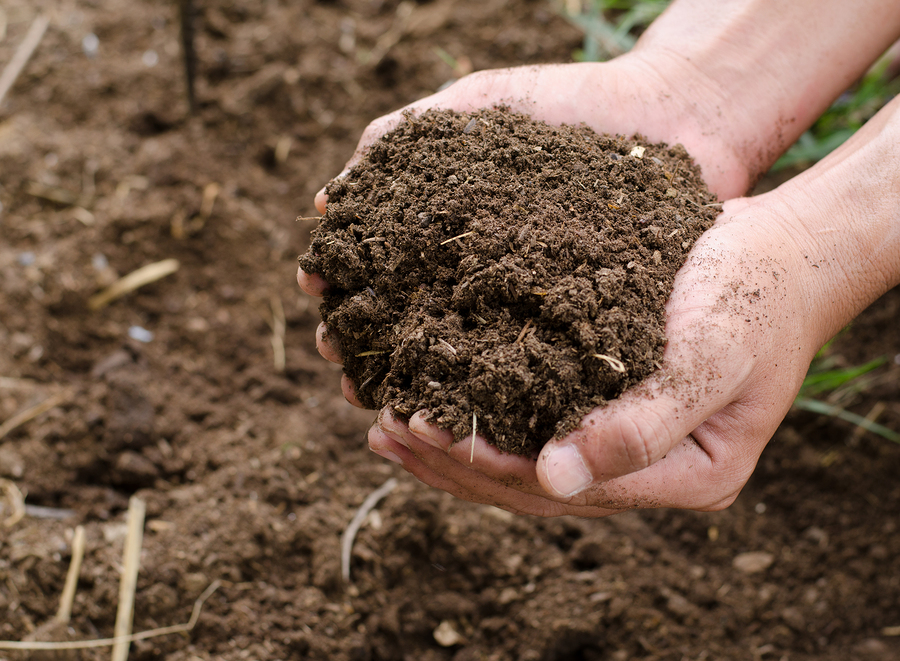
When starting your indoor cannabis grow, your growth medium needs to contain the best nutrients available. The base nutrients are referred to as NPK – nitrogen, phosphorous, and potassium.
These minerals are actually essential to growing any kind of plant, but how you use them, when, and in what ratio are important to know when growing cannabis specifically. NPK is also known as “the macronutrients”.
There are also supplements you can add to your crop for improved production and to return a proper balance to your growth medium, and these are referred to as “micronutrients”.
Nitrogen, Phosphorus, and Potassium
Any base growth medium should come with these minerals intact. They’re found in soils organically and are added to growth mediums such as coco coir for those using hydroponics for their indoor weed grow. However, during the various stages of growth for the cannabis plant, the levels of nitrogen will need to be adjusted.
The levels of nitrogen in the flowering stage need to be lowered to increase the growth of the bud and keep the plant from focusing on growing more leaves or stems.
Supplements – The Micronutrients
There are a variety of supplements on the market to help add to your indoor weed growth success. Most mixes contain some combination of magnesium, copper, cobalt, iron, earthworm castings, bat guano, molybdenum, calcium, zinc, and sulfur.
The best cannabis nutrients will always be NPK, but there are other natural ingredients that are useful. Each of these best cannabis nutrients has a different purpose in helping your plant grow.
Magnesium – Helps the plant to absorb sunlight. Magnesium is a central component of chlorophyll. It also acts as a phosphorous delivery system within the plant.
Copper – This micronutrient is vital for the plant’s respiration and metabolism of carbohydrates and proteins.
Cobalt – Helps the plant in stem growth and leaf production. It helps the plant reach maturity and increases the odds of having healthy buds.
Iron – Just like in the human body, iron in plants helps to move oxygen throughout the stems and leaves. Without proper amounts of oxygen, plants will turn yellow and eventually die. Plants don’t need a lot of iron, but it’s still vital to their health.
Earthworm Castings – Worm castings help protect your plant when the pH levels are out of balance. They act as a barrier, stopping pH from entering a healthy plant system from the soil. Castings also stimulate plant growth.
Bat Guano – When mixed with water, dried bat guano supplements help increase the levels of nitrogen in the soil. This is then transferred to the plant to help create a greener, healthier indoor weed grow.
Molybdenum – A trace mineral in enzymes that help control the amount of nitrogen in the plant. It’s an essential part of the nitrogen, oxygen, and sulfur cycles.
Calcium – A significant contributor to a healthy plant growth. It acts by helping maintain chemical balance in the soil (pH levels), reduces levels of salt in the soil, and improves water absorption.
Zinc – Another mineral that helps plants in the formation of chlorophyll. It also helps with internode elongation and growth hormone production.
Sulfur – Plants use sulfur during the formation of chlorophyll. It also helps in producing proteins, enzymes, vitamins, and amino acids. All of these are necessary for healthy plant growth.
Keeping the levels of the macronutrients (NPK) stable in your cannabis plant is necessary for it to grow nice healthy leaves and buds. If your plants are showing signs of underdevelopment or otherwise unhealthy growth, examine them to determine what nutrients (if not caused by environmental factors) may be off-balance.
Here are some of the most popular nutrient deficiency problems with cannabis plants and tips on how to correct them.